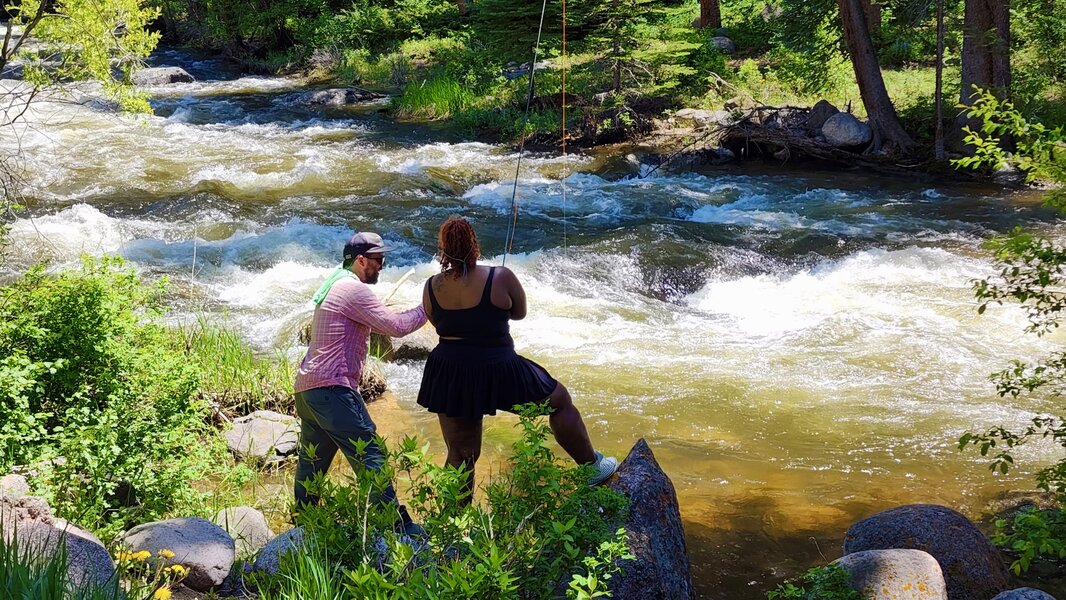In recent years, the conversation around outdoor recreation has shifted towards inclusivity and accessibility. The phrase ‘The Outdoors Belong to Us, Too’ underscores the need to recognize that outdoor spaces should be accessible to all, regardless of race, socioeconomic status, or physical ability.
Historically, marginalized communities have faced barriers that prevent them from enjoying parks, trails, and other natural environments. These barriers include a lack of transportation options, safety concerns, and the absence of facilities that cater to diverse needs. As a result, many people are deprived of the physical and mental health benefits that outdoor recreation offers.
Organizations and policymakers are increasingly aware of these disparities and are working to address them through various initiatives. For example, some cities are investing in the development of parks in underserved neighborhoods, ensuring that green spaces are within reach for residents. Additionally, programs aimed at providing free or low-cost outdoor activities help lower-income families participate in outdoor recreation.
Community-led efforts also play a vital role in promoting inclusivity. Local groups often organize events and campaigns to raise awareness about the importance of equitable access to nature. These initiatives not only foster a sense of community but also empower individuals to advocate for their right to enjoy outdoor spaces.
Furthermore, accessibility features such as wheelchair-friendly trails, multilingual signage, and culturally sensitive programming are essential for making outdoor spaces welcoming to everyone. Recognizing and respecting diverse cultural perspectives on nature can help bridge gaps and foster a more inclusive outdoor experience.
Despite progress, challenges remain. Urban development, climate change, and budget constraints continue to threaten the availability and quality of outdoor spaces. It is crucial for governments, organizations, and communities to collaborate and prioritize equitable access to ensure that the benefits of nature are shared by all.
Ultimately, the idea that outdoor spaces belong to everyone is a call to action. By breaking down barriers and promoting inclusivity, we can create a future where everyone has the opportunity to connect with nature, improve their well-being, and enjoy the outdoors regardless of their background or circumstances.
